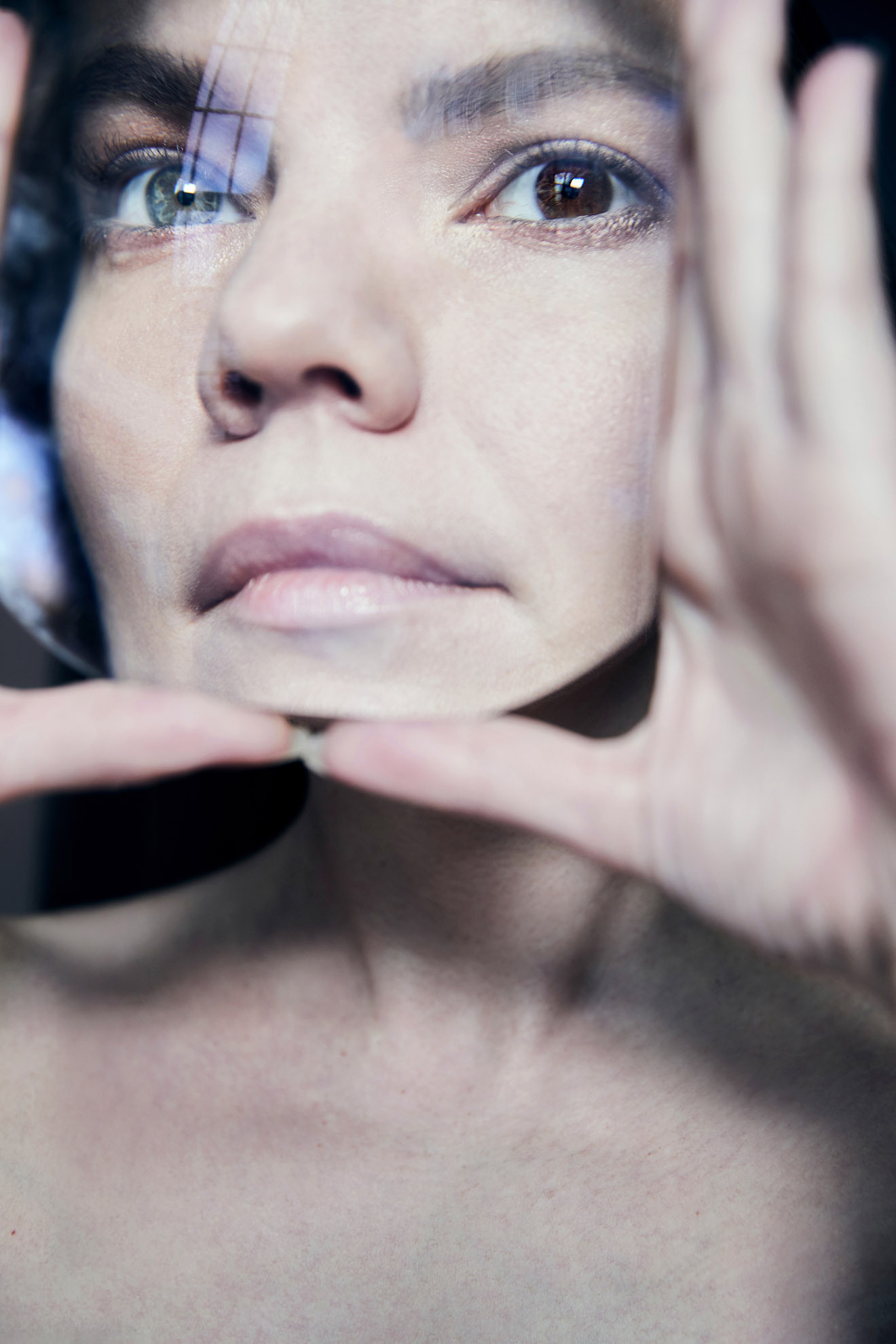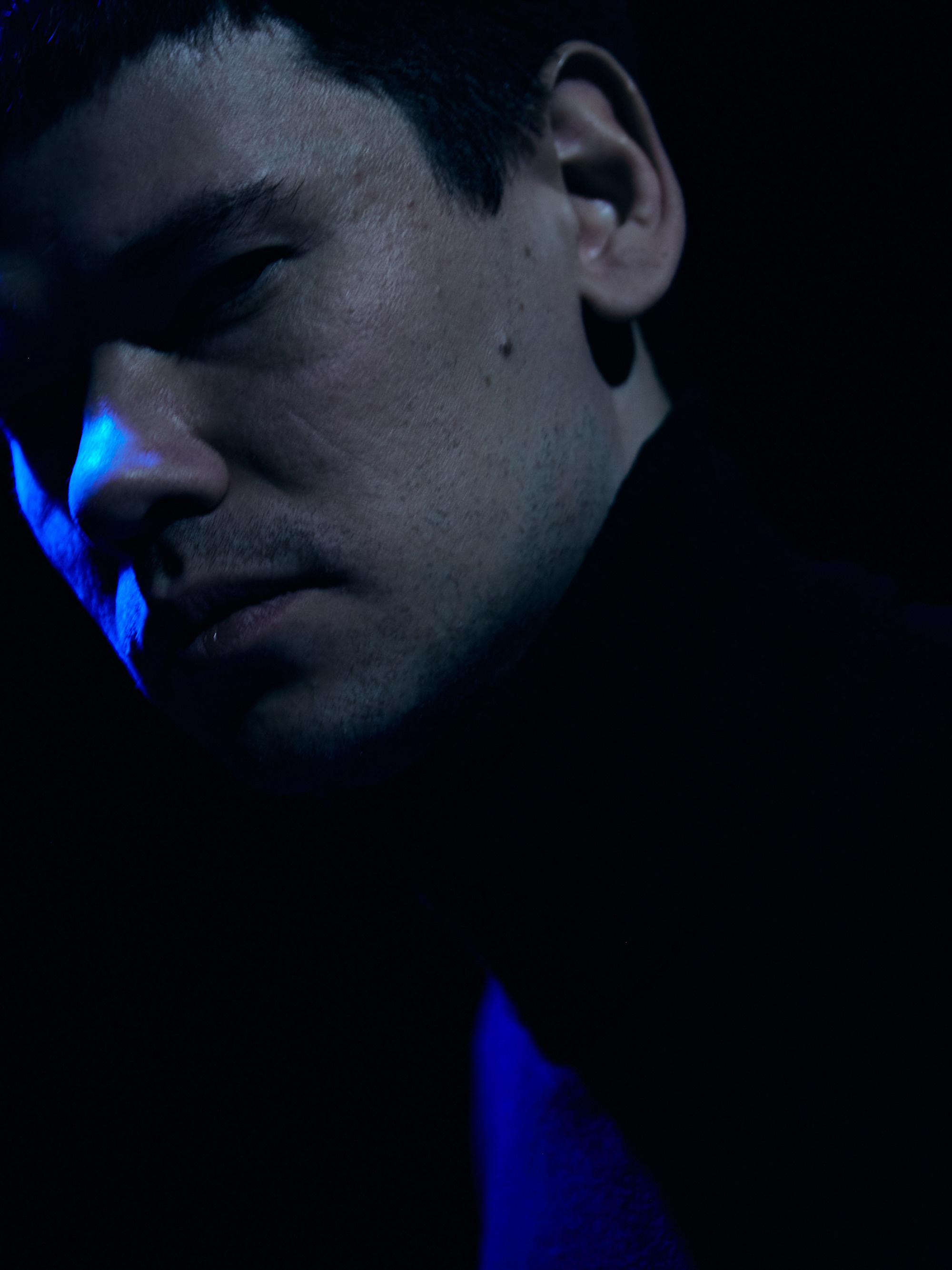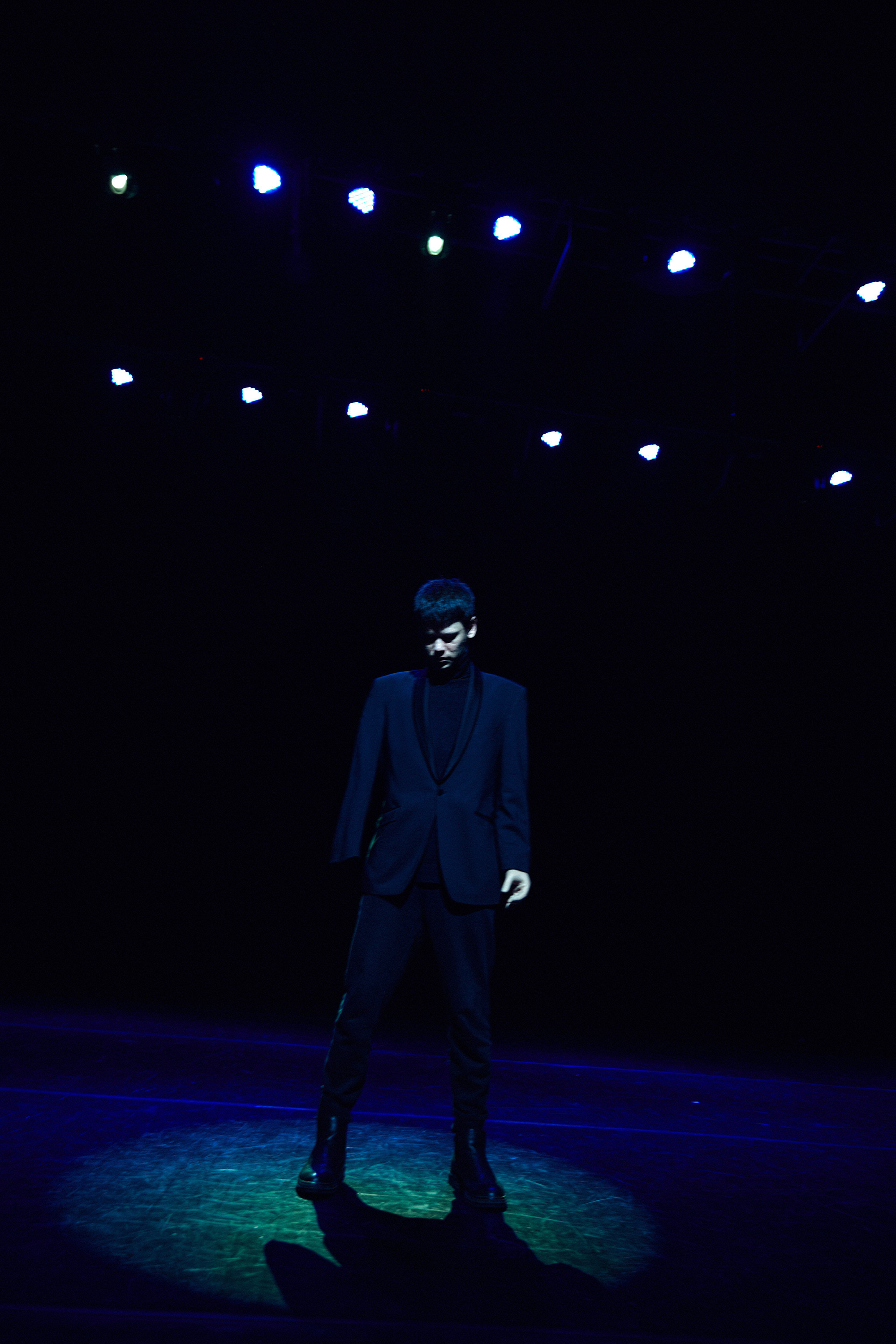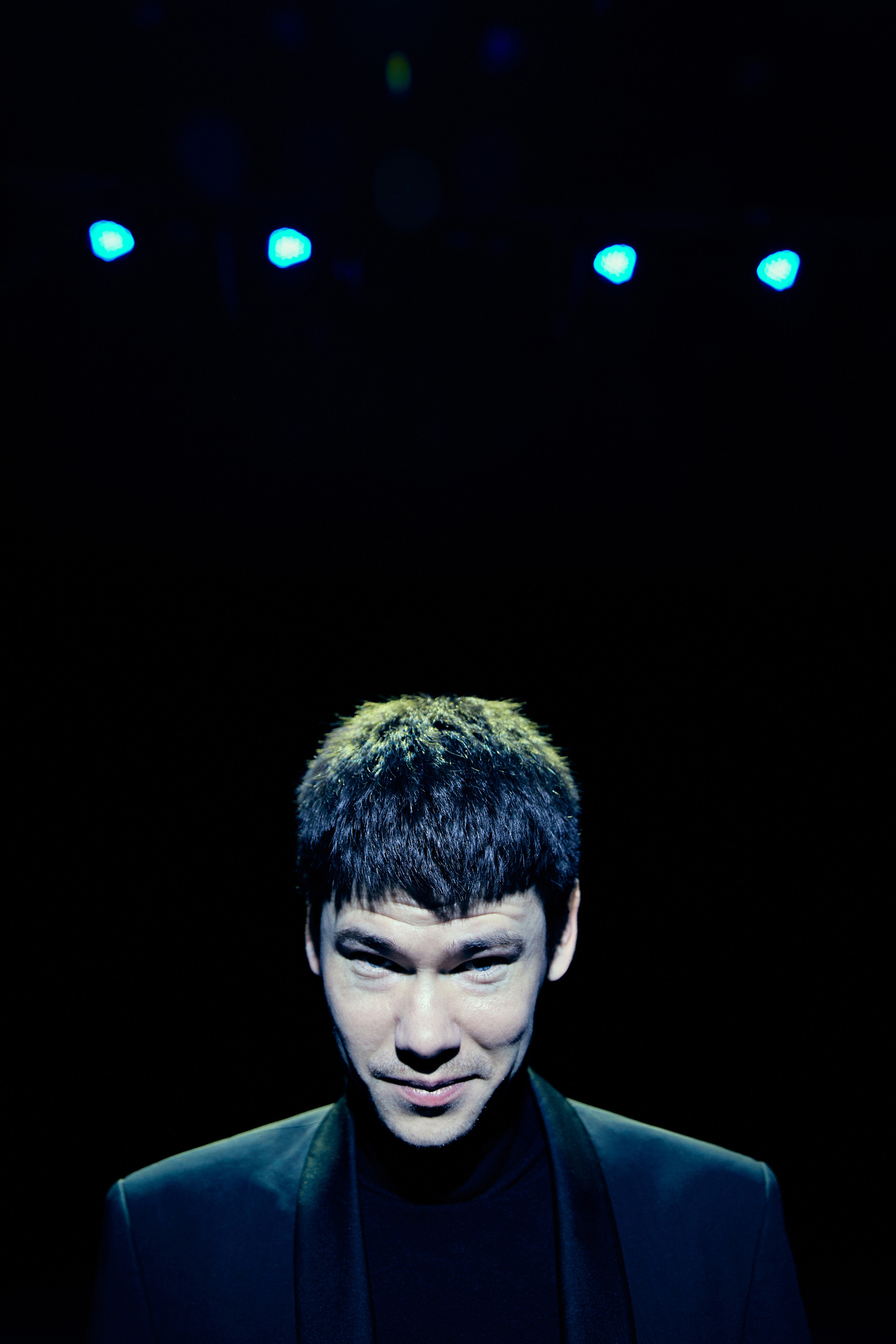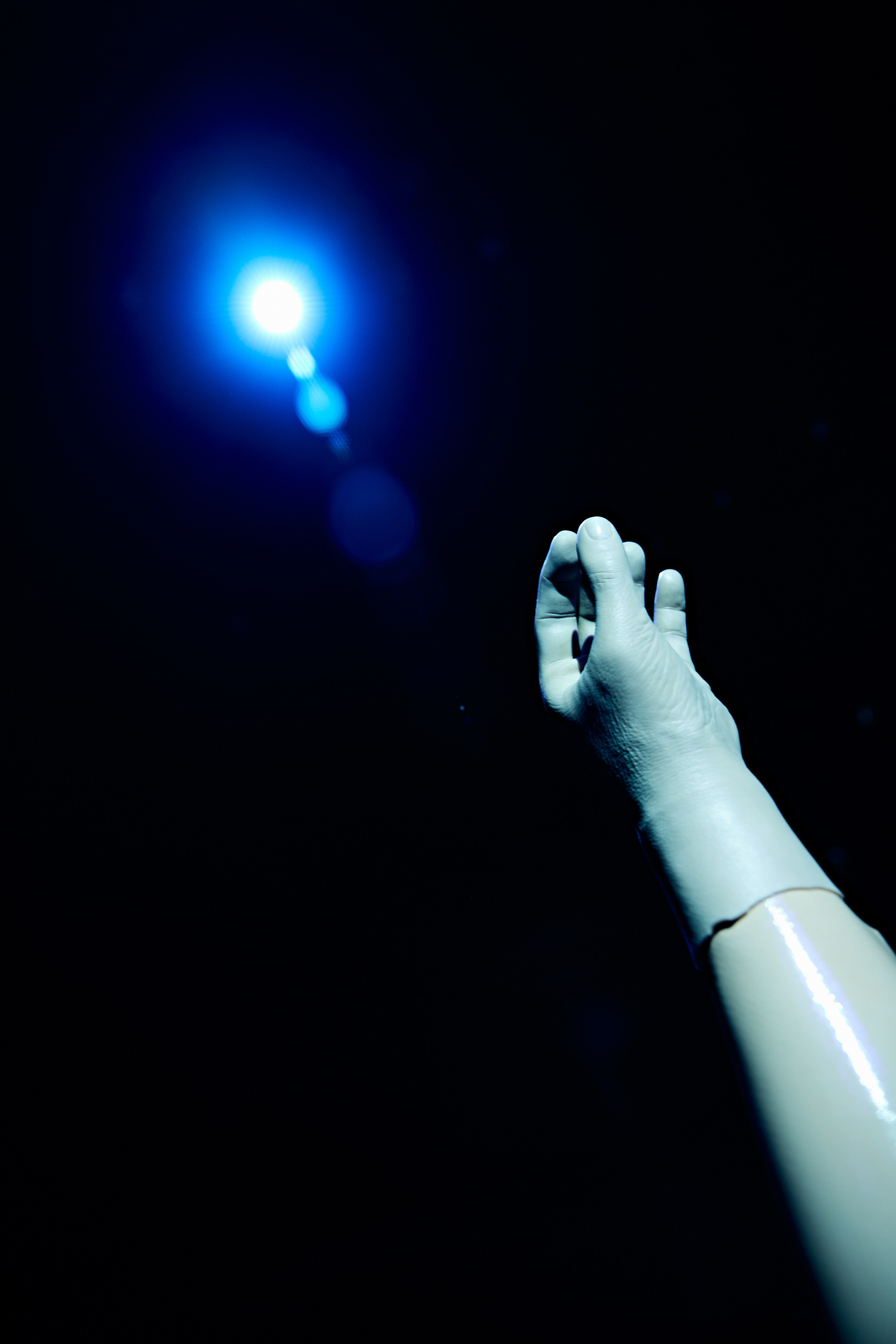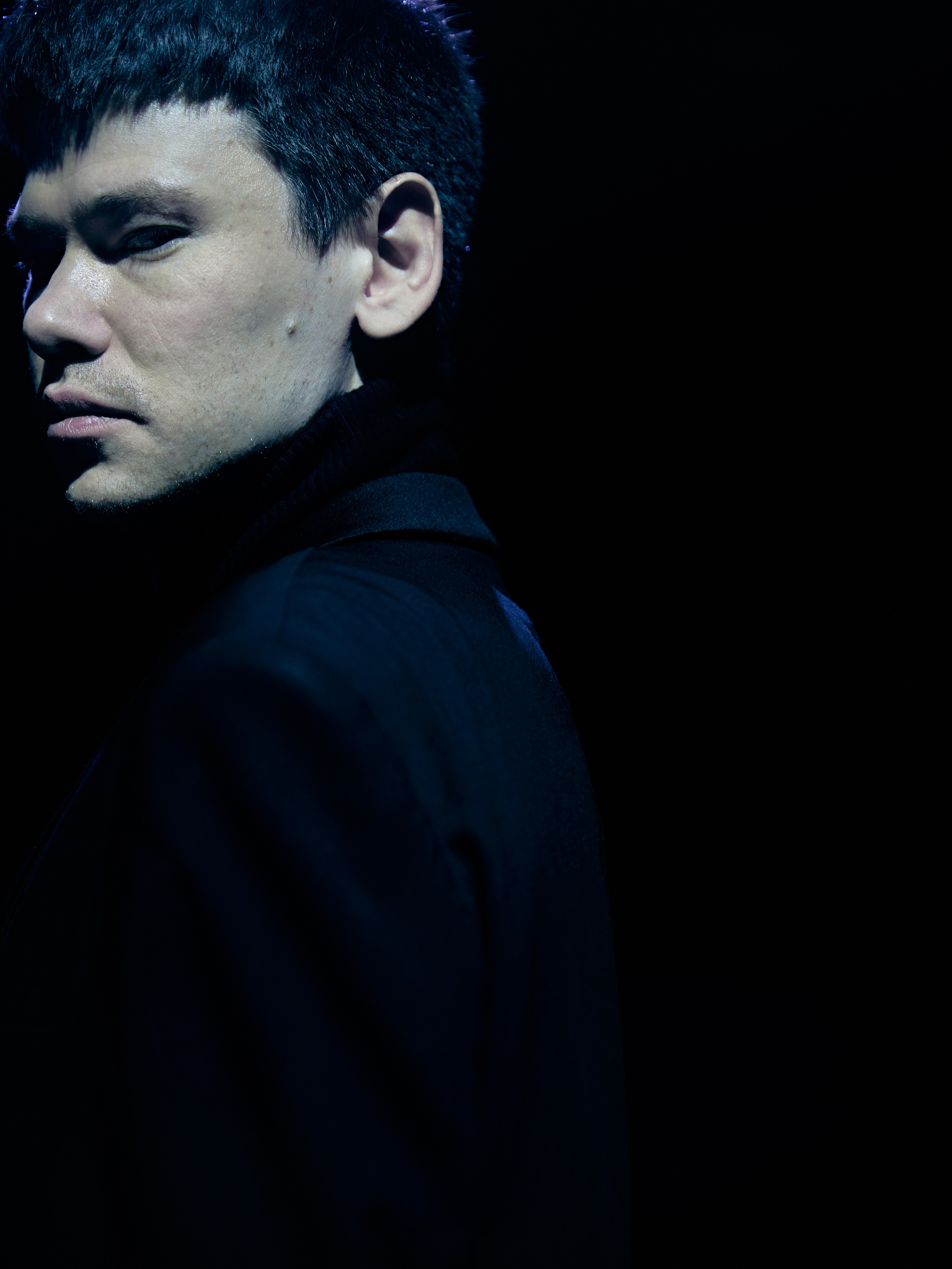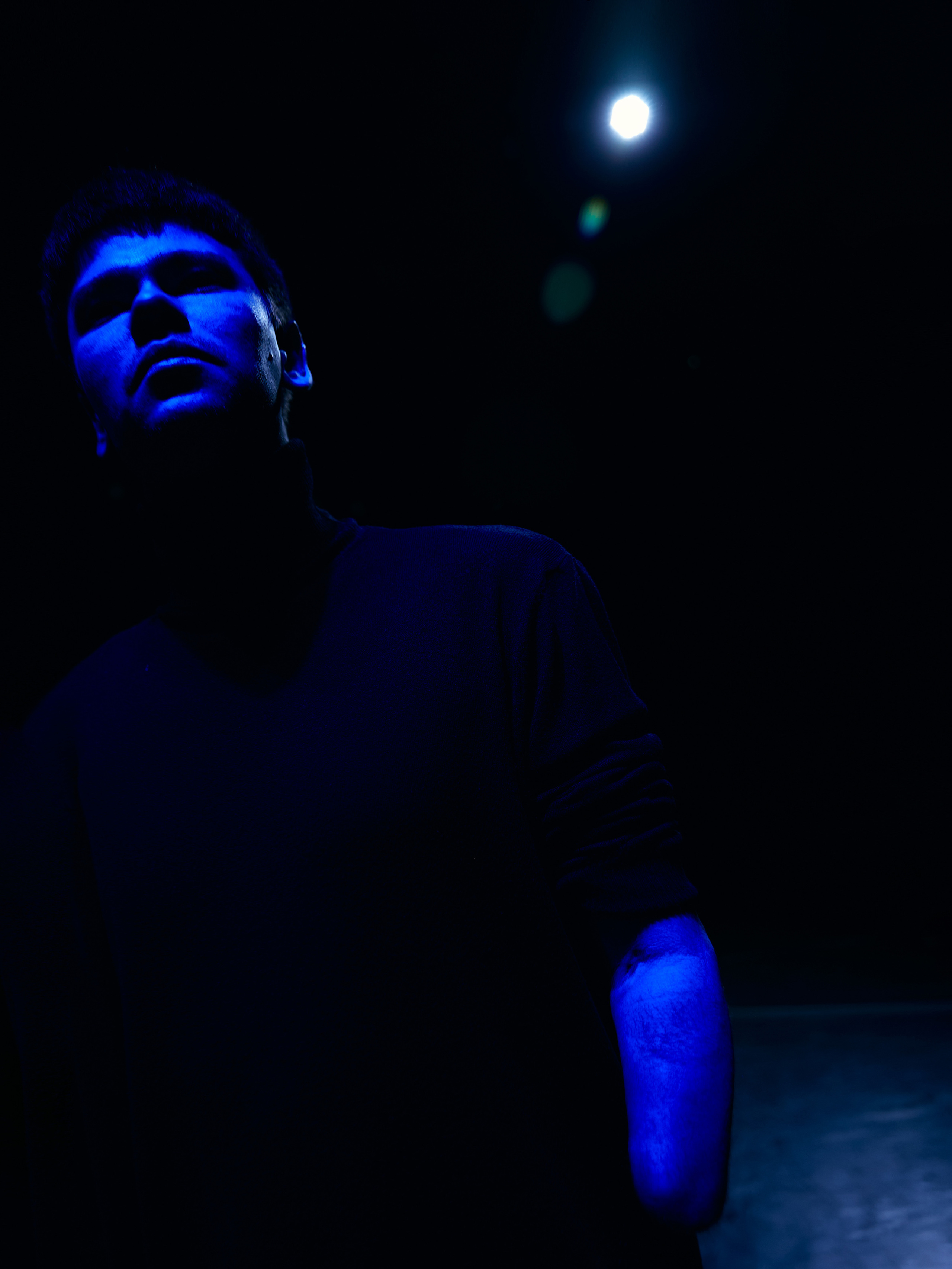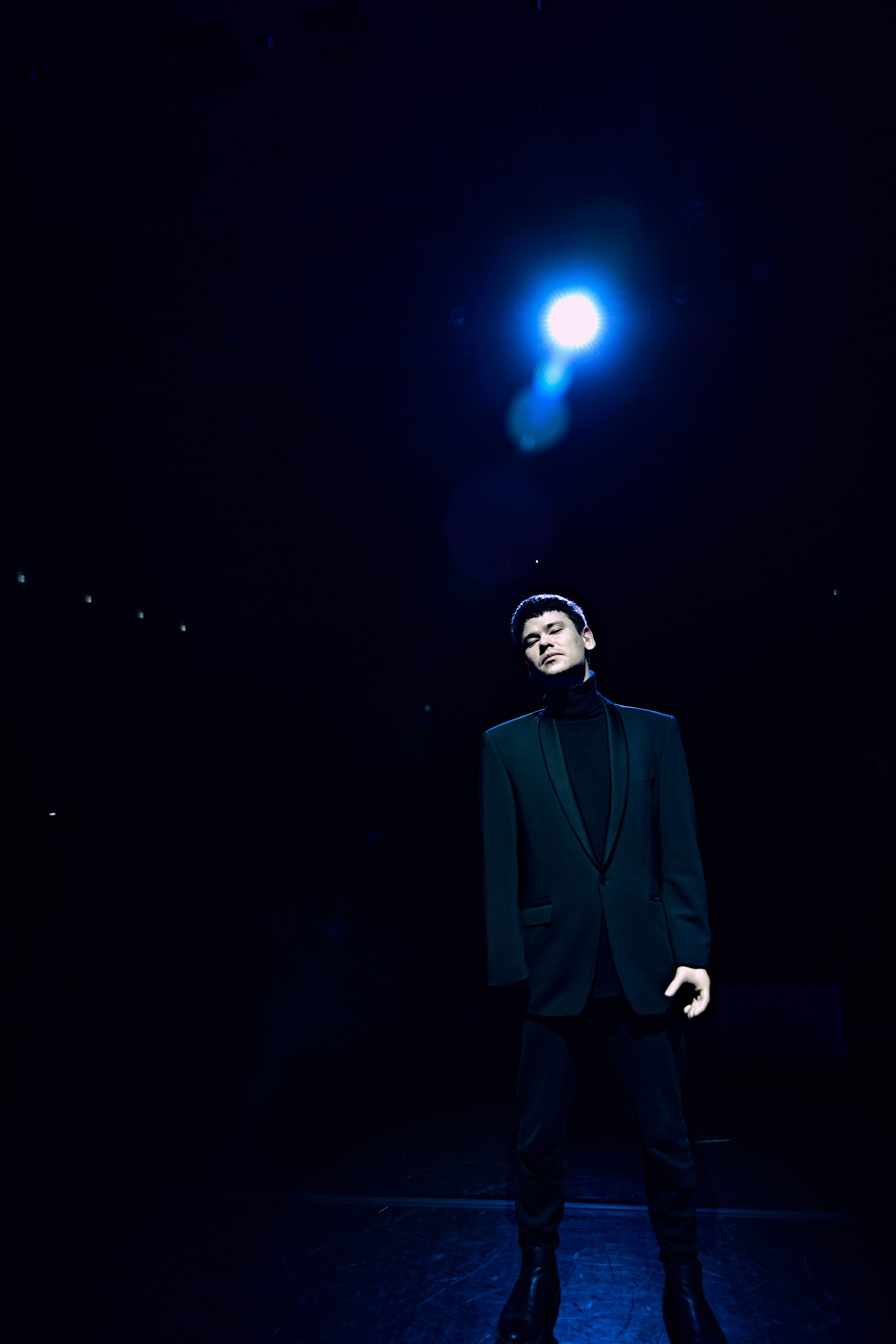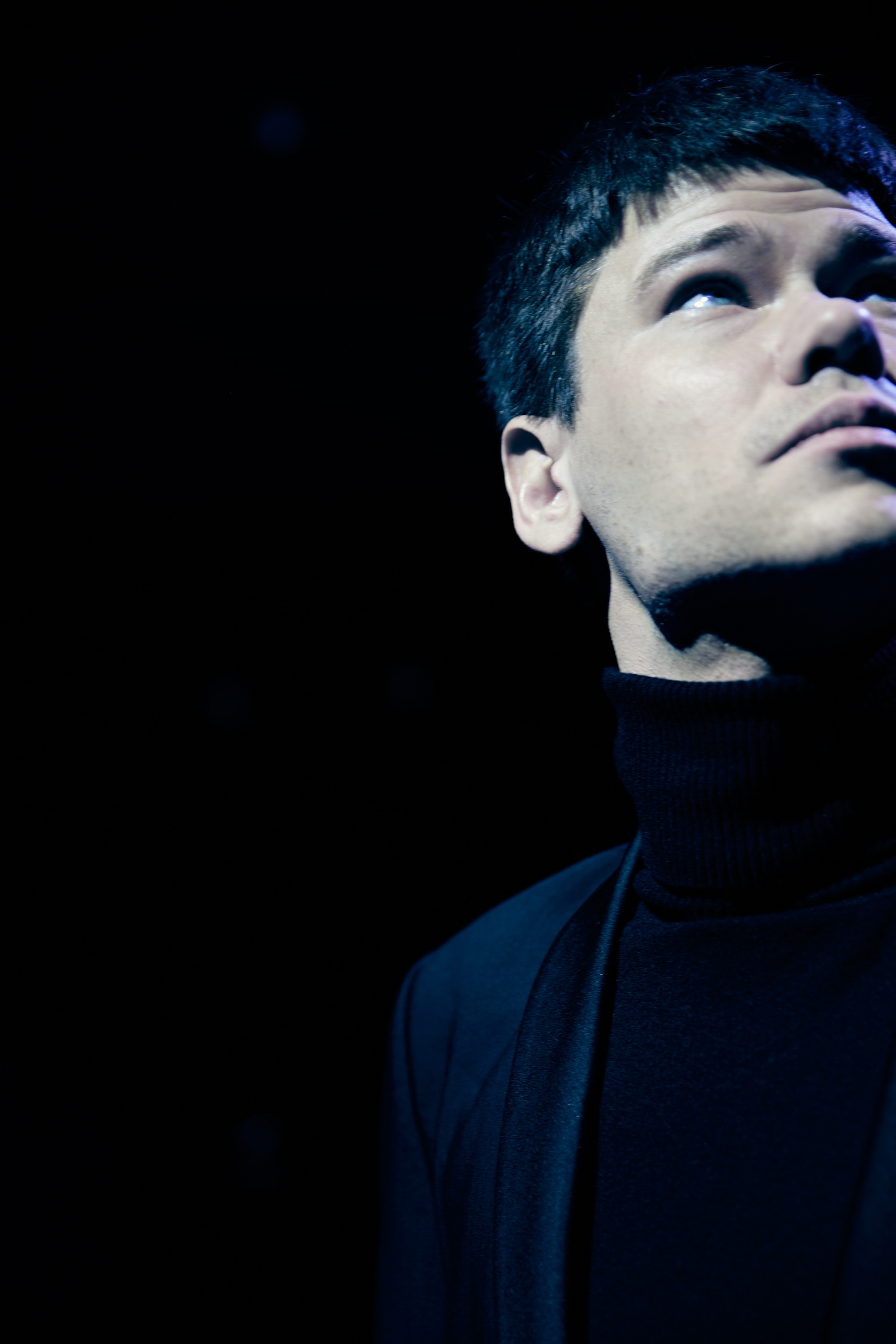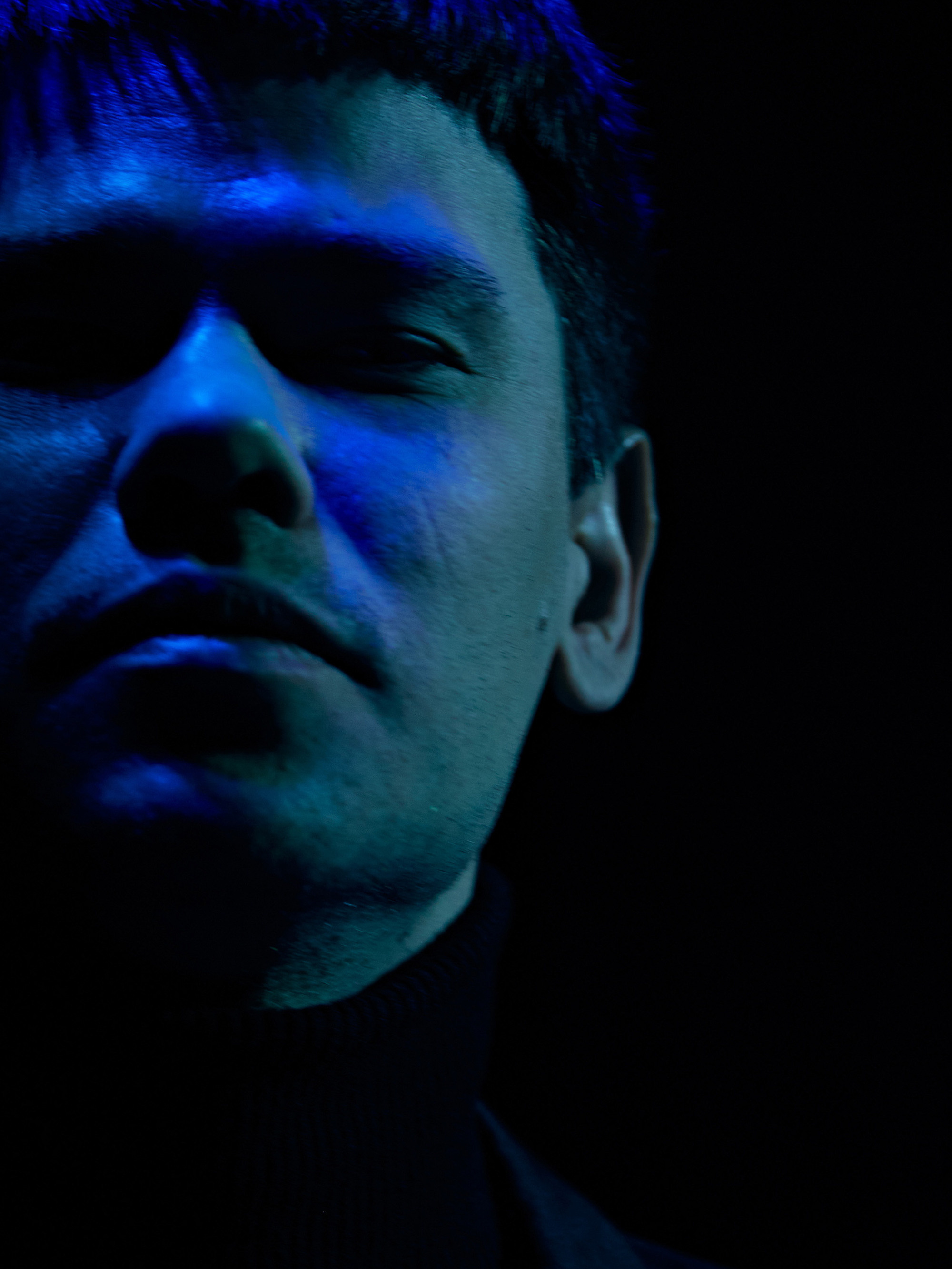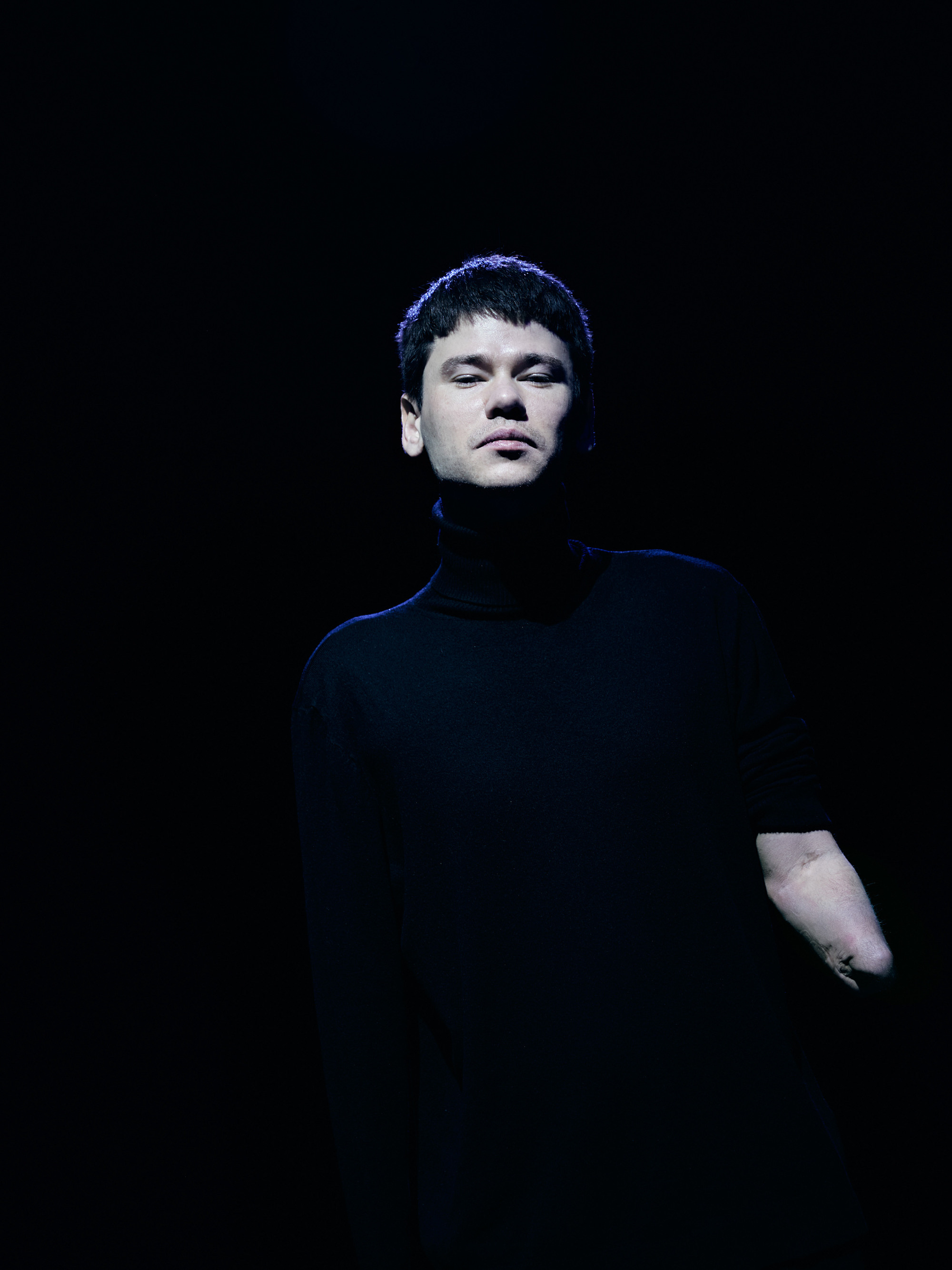“I live on batteries.
With a slight movement, it is attached to the prosthesis, and the artificial arm begins to work. Compression-decompression, rotation in both directions — this is enough to dress, cook, earn money and spend it.
One battery lasts for a day.
To get ready for the road. To catch a coffee on the way to the teletrap. To be enchanted by a new city. To smile at a hundred people. To look at the stars. To fall apart like a starfish in a room with a view that you don’t have in your memory yet.
To wake up.
While holding the battery.”
Today, Alexey’s life resembles the life of a rock star
(or Tony Robins):
he travels all over the country, performs on big stages with trainings and lectures, inspires thousands of people, heads a public organization and oversees countless projects.
In his spare time from socially useful activities, together with his friends (one of whom is blind), he runs the blog “Caretakers of Infinity”, imbued with subtle self—irony and humor which you least expect from notes about life with disabilities.
This was not always the case — back in 2008, he was sure that his life was over. The tragic episode deprived him of both hands — and faith in a bright future.
“Frankly speaking, I got a disability through stupidity.
I was 18 — I climbed on the radio tower, thinking that it was turned off, but I got a discharge of 10 thousand volts. This is a lethal “dose” for a person, but the universe made an exception and “only” burned my hands — and this is not irony. I survived. The fatal statistics in such cases is 99.9%. The doctors were very surprised.
Although, of course, at first, when doctors say that you were “lucky” to escape, it seems that you are being bullied. What kind of luck can we talk about if you don’t have hands now?
The few years after that, in general, were the hardest in my life.
Amputations, reamputations, plastic surgeries are just the tip of the iceberg.
Psychological rehabilitation is much more complicated than physical rehabilitation and takes much longer.
I was a young promising guy with a lot of friends and hobbies, the direction of my life for the coming years was clear to me, to some extent: university, work in a large company, then my own business. The injury has crossed out all my rosy plans.
So the first year I was just crushed. I was even going to take a sabbatical in order to mourn the collapse of my hopes — fortunately, my parents did not allow this. After 3 months I returned to the university, and, like it or not, I had to learn to live with the new circumstances.
Now I understand that if this had not happened, I would have been crushed and most likely, would have stayed in. Therefore,
the first step is to go out into the world.”

The word “disabled” triggers when you haven’t lived through the trauma yet.
Now I don’t care what they call me — even a disabled person, even a person with disabilities (even with limitless ones), I like to laugh at myself and do it with pleasure.
For the first few years, I was terribly offended by any phrases accidentally thrown by my friends about hands and their abscence.
But any wound needs to be cauterized — and the spiritual one, too. The best remedy is humor. And also — hobbies.
For those who are in a difficult life situation, I recommend to find something that will really capture you.
For me, intellectual games “What? Where? When?”. It turned out that at the players' table, it doesn’t matter whether you have hands or not — your intelligence, erudition and quick reaction are important. So confidence began to return to me, and — surprisingly — but also household skills.
I was not at all inspired by the idea of learning to put on socks with one foot and use public transport, but doing it to get to the game was a big motivation.
The most difficult thing is to overcome psychological disability.
In addition to the prosthesis, which “knows how to move”, at first I wore a camouflage prosthesis on my other hand — it performed a purely decorative function, was wildly uncomfortable, but at the same time created a saving feeling that I was “the same as everyone else”.
Today I live perfectly well without it, and the absence of hands began to be perceived by me simply as a feature of appearance — as for someone the color of eyes or hair, nothing more.
My job today is
to come up with a project whose idea will inspire sponsors and all progressive humanity to pay attention to a certain social problem. And do everything to find money, people and resources for this project.
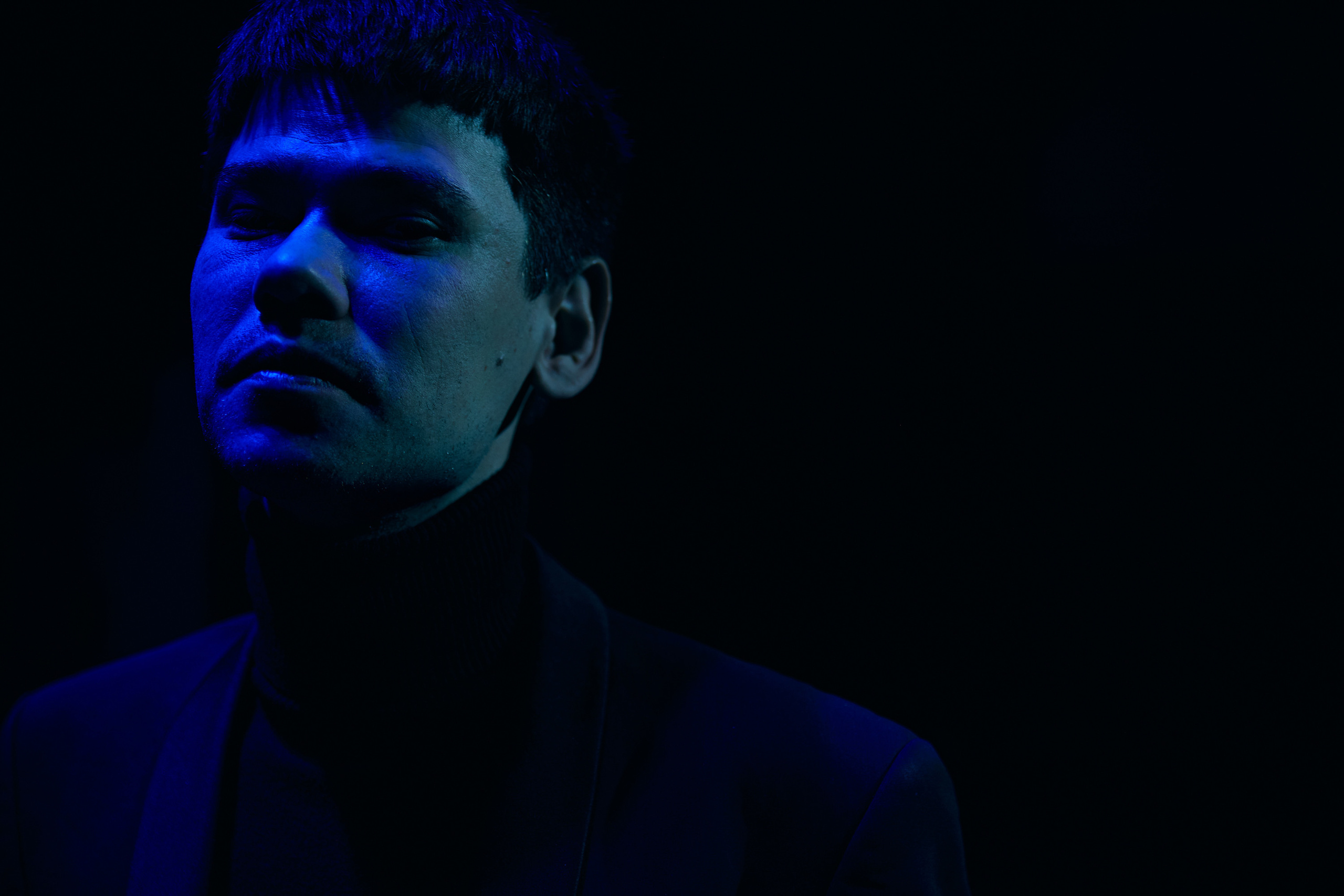
At some point I wondered why people with disabilities themselves can’t be volunteers? Why are they always in the position of “beneficiaries”?
This was the beginning of the creation of projects in which people with and without disabilities could participate at the same time.
In a good way, people with disabilities should be a minority in inclusive projects.
Yes, they should be comfortable and useful for wheelchair users, blind and deaf, but on the other hand, they should be really interesting for people without disabilities. So that they join our hiking trips and balls not out of a high sense of tolerance. Because you can’t be on the same level with the person you feel sorry for. This is inequality, and it will never be a good start for friendship.
This means that you should like the format of our events. So that people, returning from an adapted pottery workshop, would tell at home something like: “Wow, I made two real ceramic cups myself today! There will be something for the mother to give on the Mother`s Day. And there were several wheelchair users working at potter 's wheels next to me. Imagine, they are absolutely normal guys! They also listen to the alternative music. At the weekend we agreed to watch the Justice League together.”
This is the beginning of a healthy society.
We can look at the world differently or not at all. That doesn’t mean we don’t have a chance to see each other.
So I’m creating this chance.
Russia is really ready for inclusion.
And it’s not just about tolerance. We already have 5 to 8% of people with disabilities in every city. Moreover, this indicator constantly grows.
It takes a lot of money to help disabled people. Only my hand is now worth 1.3 million rubles.
We don’t live in the time of Sparta — you can’t just take me and throw me off a cliff
(although they tried in the Caucasus somehow).
But what if people with disabilities not only receive their pensions, but also become economically and socially active themselves?
In 30 years, approximately every tenth child will be born with a disability — this is a harsh statistic and a really large percentage of the population.
If you don’t lay the foundation for change right now, then in 30 years these 10% of the population will just be dependents staying in.

The difficulty at the moment is not so much that a very small percentage of companies are willing to employ people with disabilities, but that people with disabilities are much less competitive.
This is an objective reality.
Therefore, we create training programs, training courses and inclusive projects that will help them to rehabilitate, gain the necessary skills and socialize, and want to live actively.
Today it’s not a problem to learn something and master something — if you really want it.
The main problem is precisely in motivation.
It is not enough to get a prosthesis — after that you need to take a step into the world, towards people.
No social activity, even the most useful, can be based on pure altruism — I do not believe in such motivation.
It is important to enjoy what you are doing.
Now I have the lifestyle that I enjoy very much.
During the last 2 weeks I performed in Khanty-Mansiysk, then in Krasnodar and I’m already going to fly to Moscow. I like traveling, meeting new people, walking around new cities. Now it’s a part of my job, and I really enjoy it. At the same time, I help people, develop inclusive practices and feel useful. And this is also a part of my rehabilitation.
It’s cool that this happens — but it’s also about my personal interest. If you go to inclusion, as I came, you should understand and feel what you personally will get from it.
Any successful activity is a combination of a good goal and an emotional (as well as monetary) surplus.
This is my opinion.
Do you want to know how I live?
Buy boxing gloves and throw out the right one. Put the left one on and fix it tightly on the arm. Put your right hand behind your back — that’s it, start the day!
Household chores, social networks, extremely surprised relatives and friends are waiting for you, as well as refreshing mind work and all other non-disqualified body parts.
Good luck!

“Strangers often and loudly admire me.
They say: “Lyosha, you are so good! You live and rejoice, despite all these limitations and prostheses. Respect, bro!”.
This praise is pleasant, but it is not perceived by me as deserved
— big deal, there are no hands. So many people, judging by their actions, live without brains at all. And they manage somehow.”
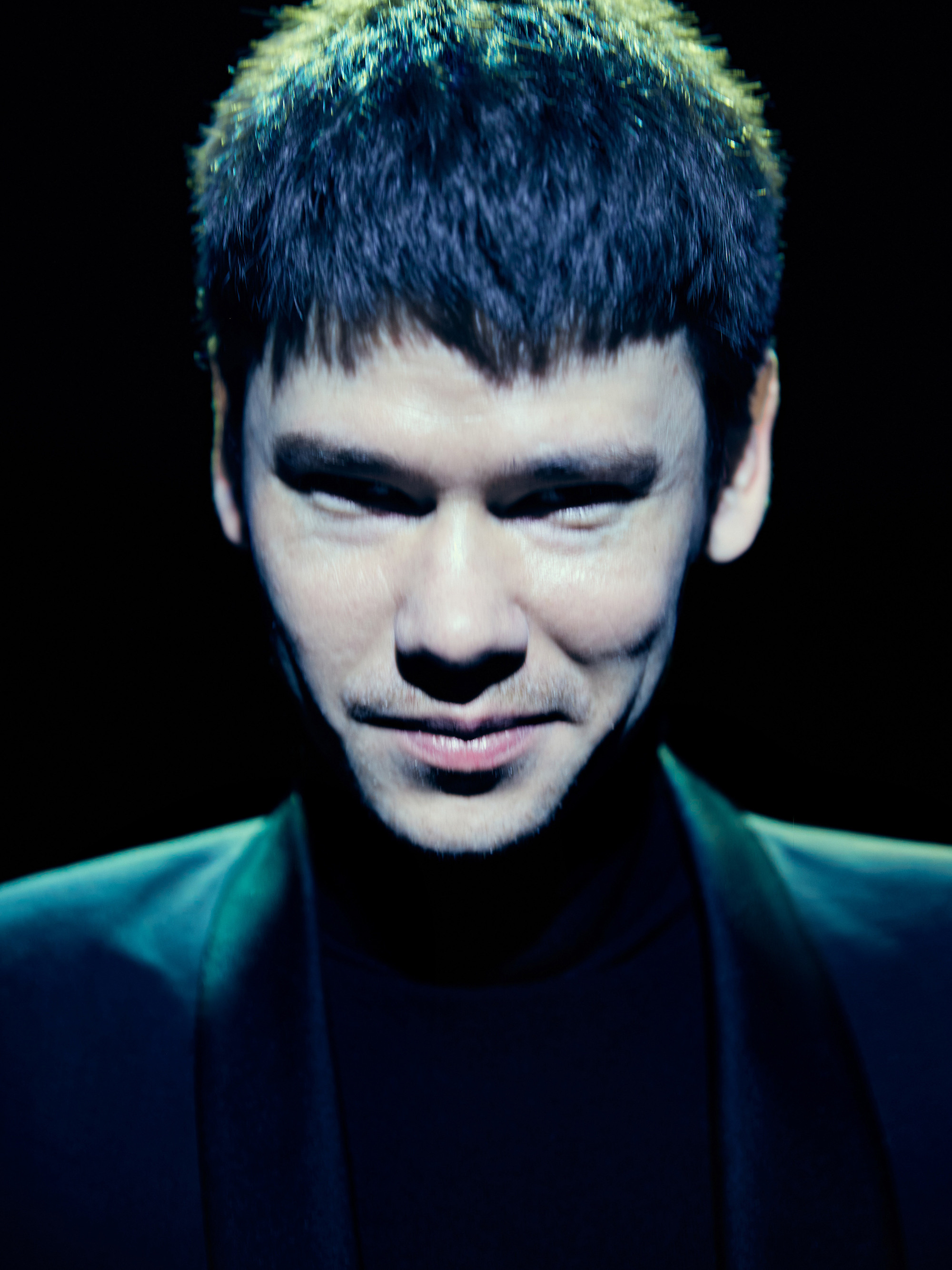
What do I dream about?
I do not know how to answer this question. For me, dreaming is when you want something, but you don’t have a plan to implement it. And I’m used to setting goals and achieving them.
You need to work tirelessly for your dream even if you don`t have hands.
Photo/text: Yulia Otroshchenko
HEROES

NIKITA USTIANTSEV

SVETLANA BUSAREVA
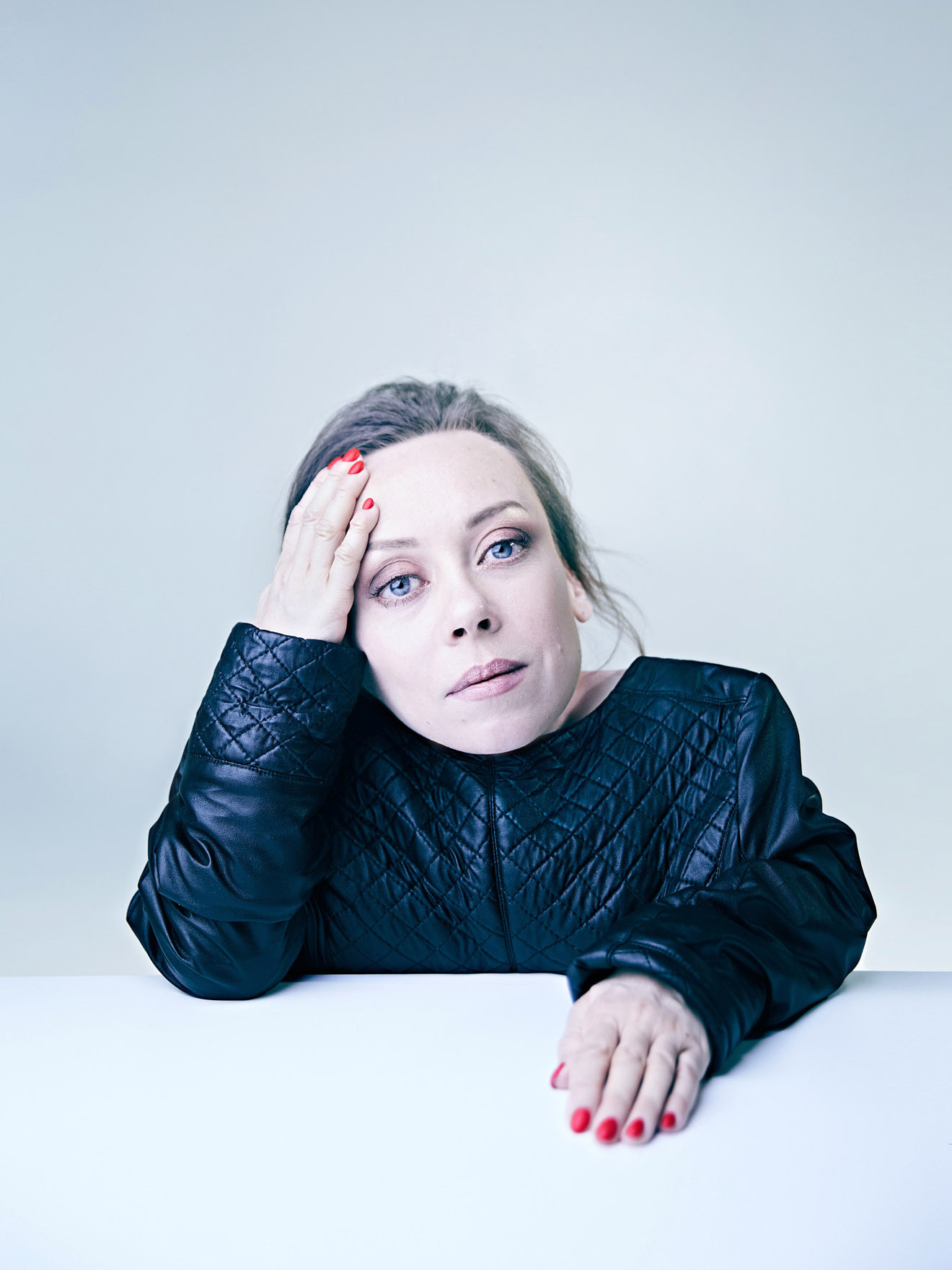
CATE POPOVA
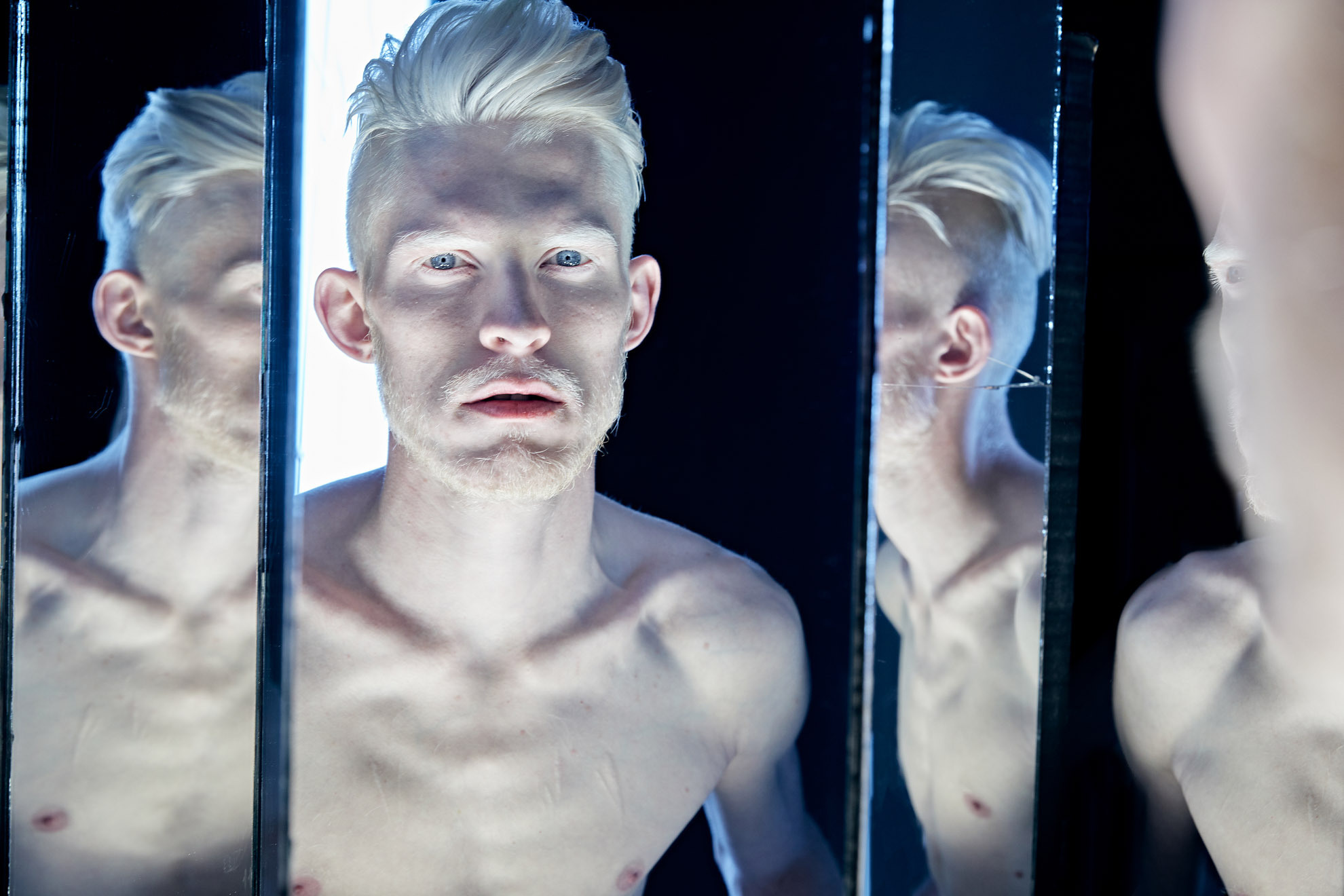
PAVEL LESNIKOV
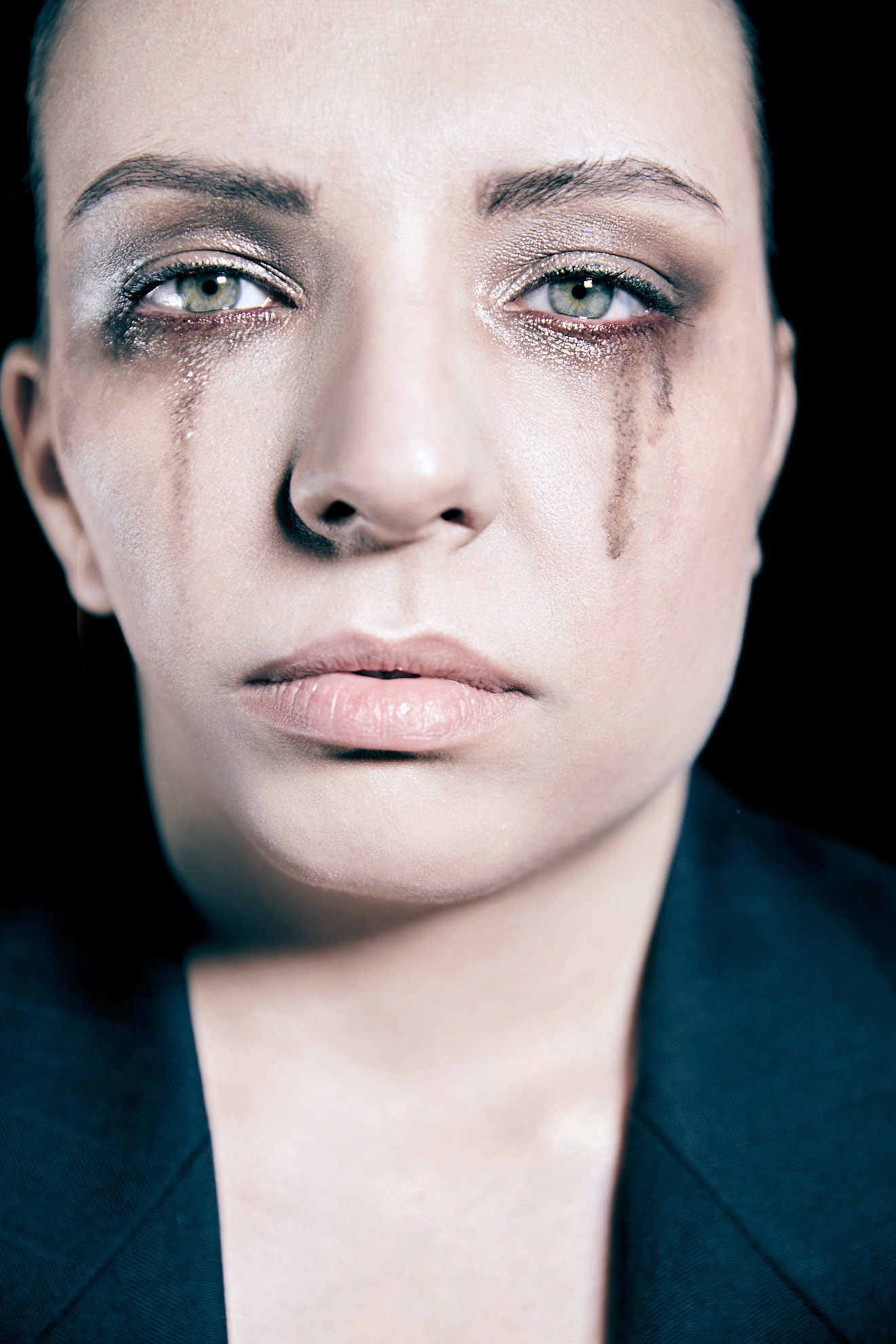
KATE SUVOROVA
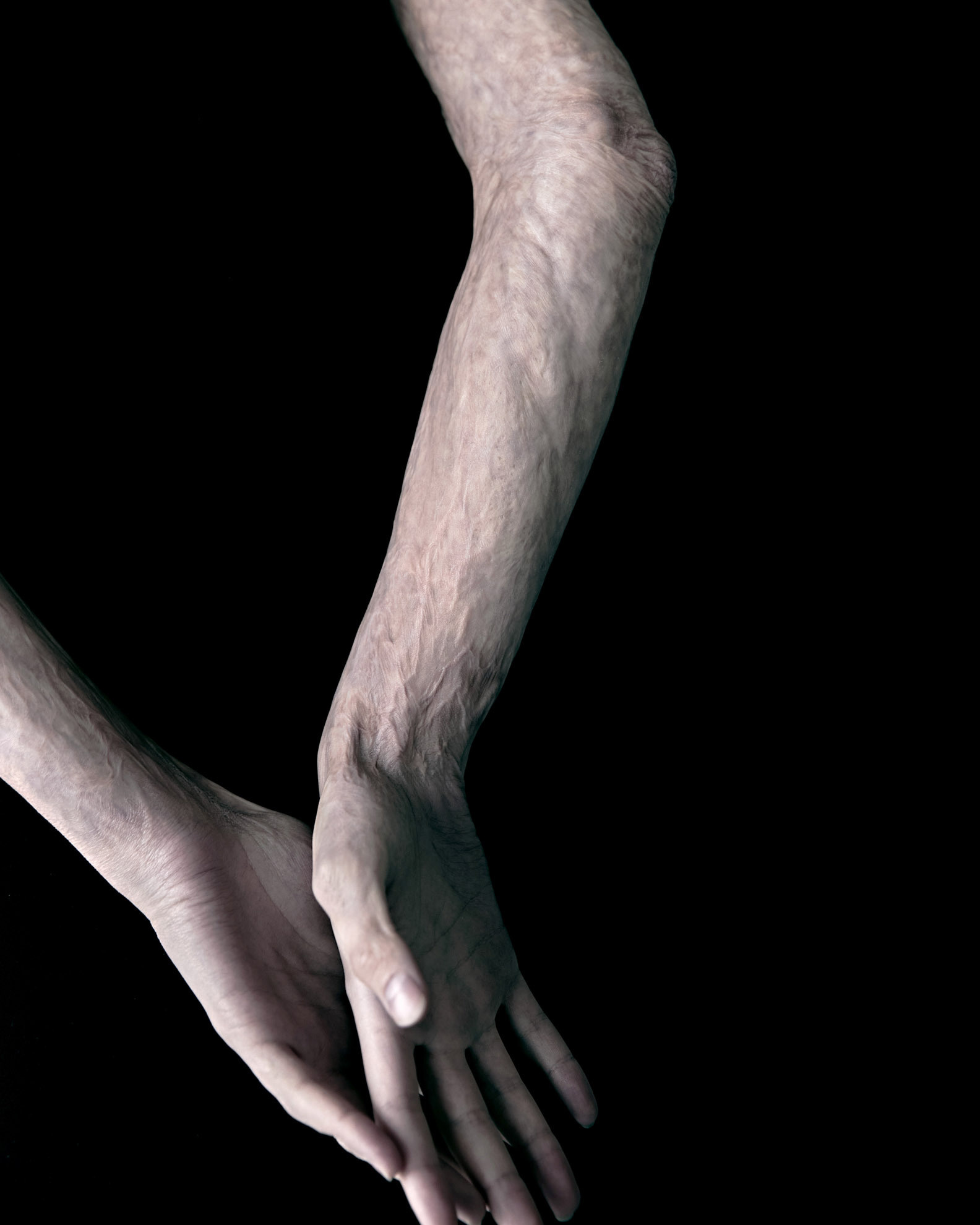
SVETA “FIREGIRL”
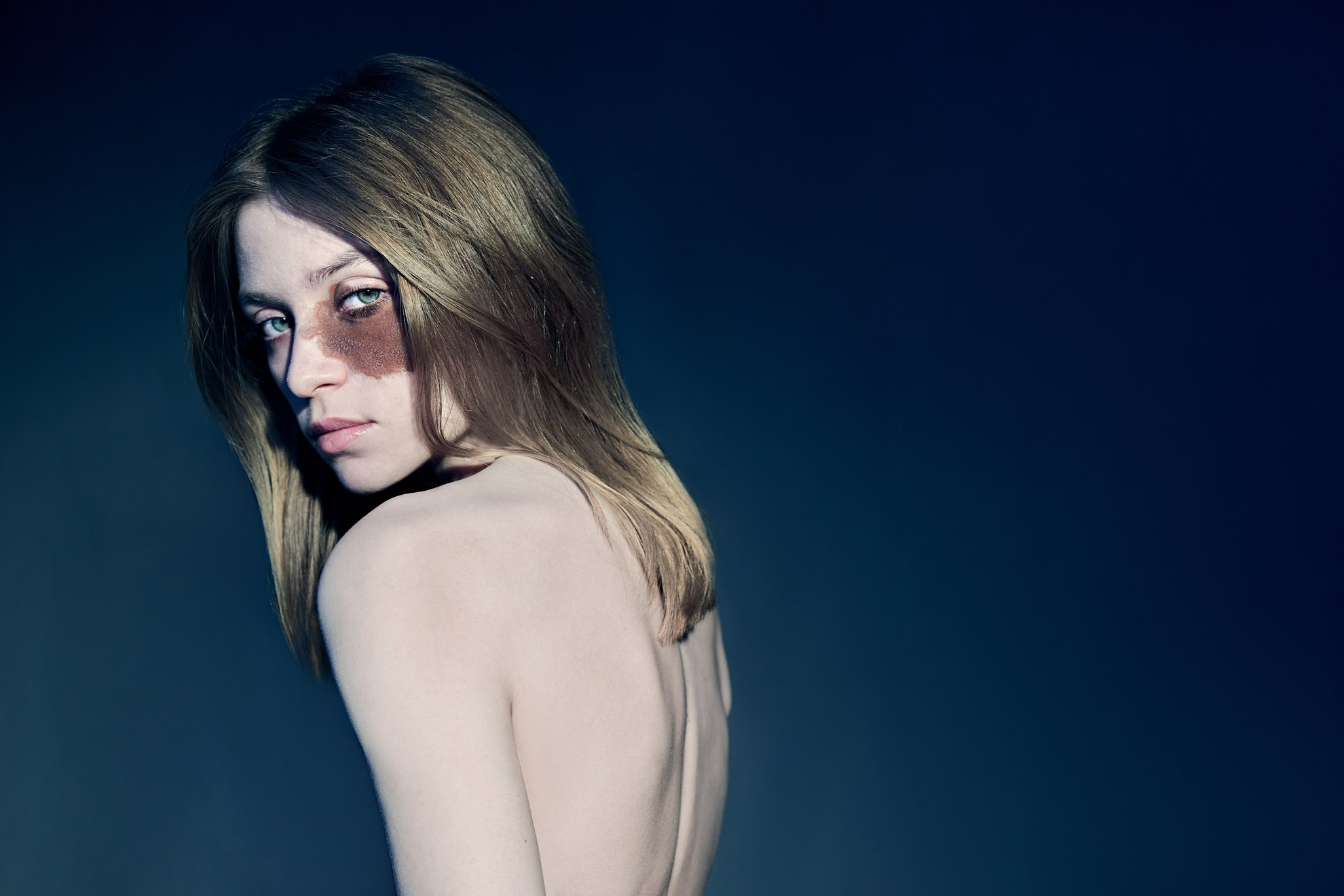
DIANA PASTUHOVA
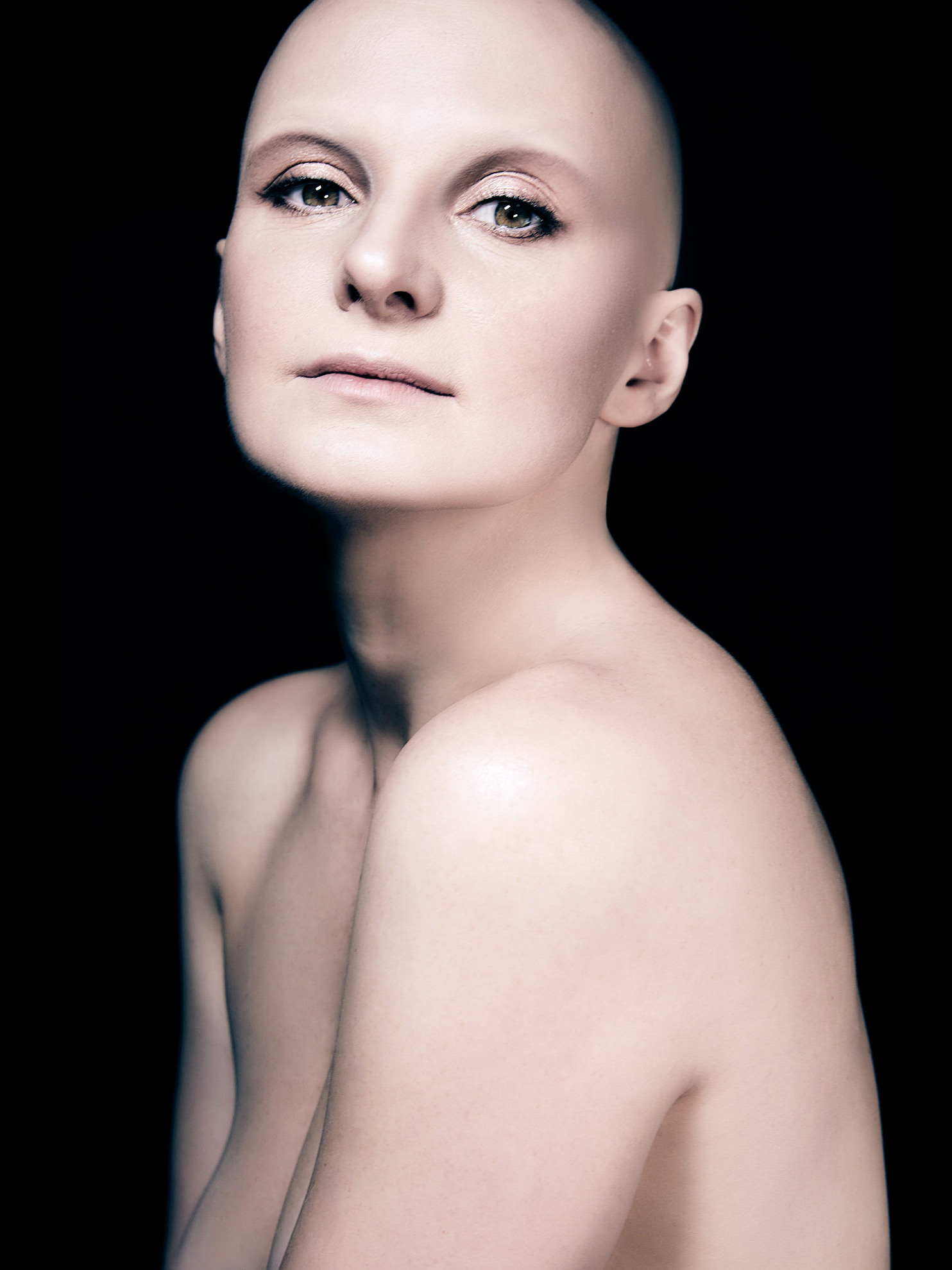
ANNA BORTNIKOVA
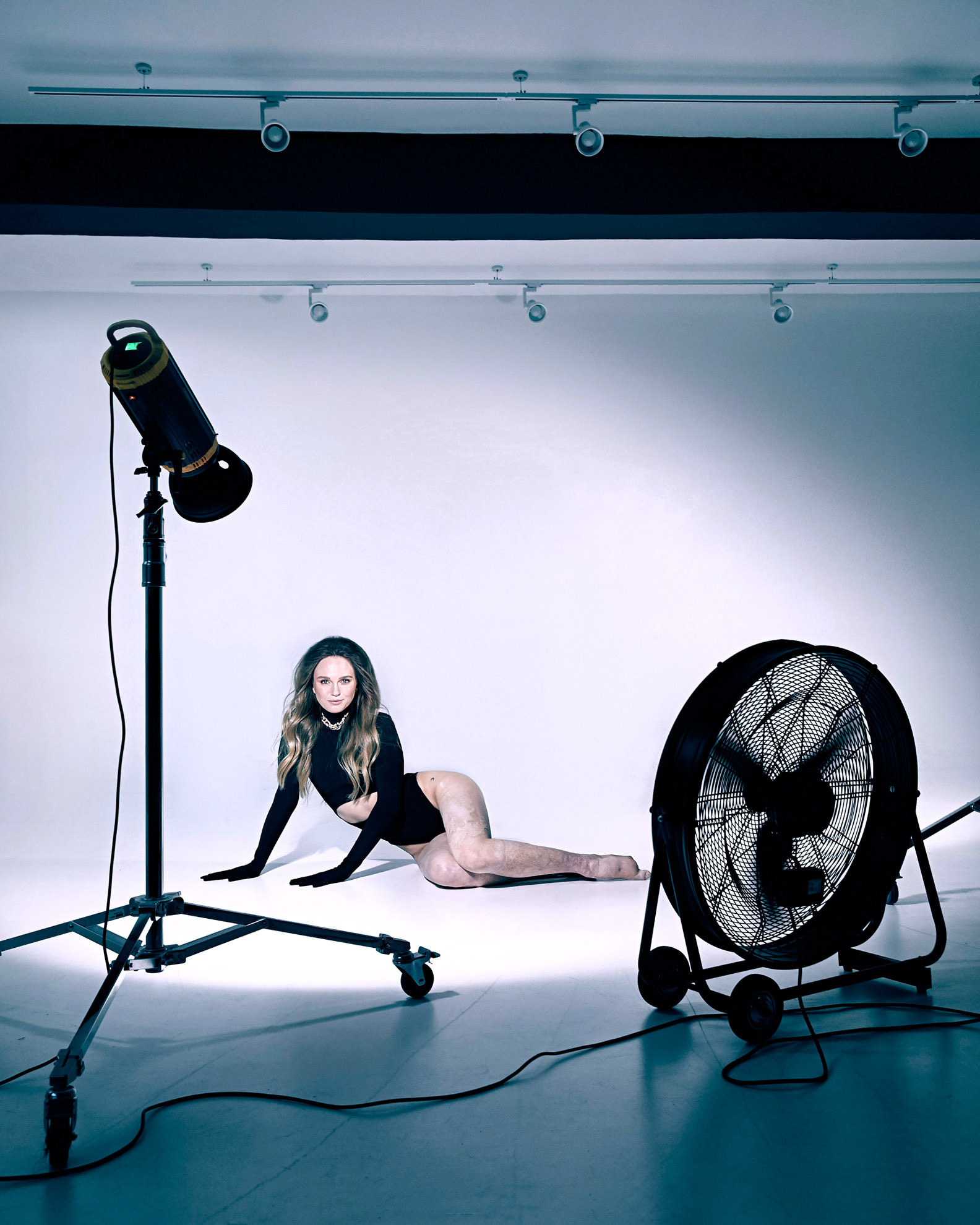
CATE KOMLEVA
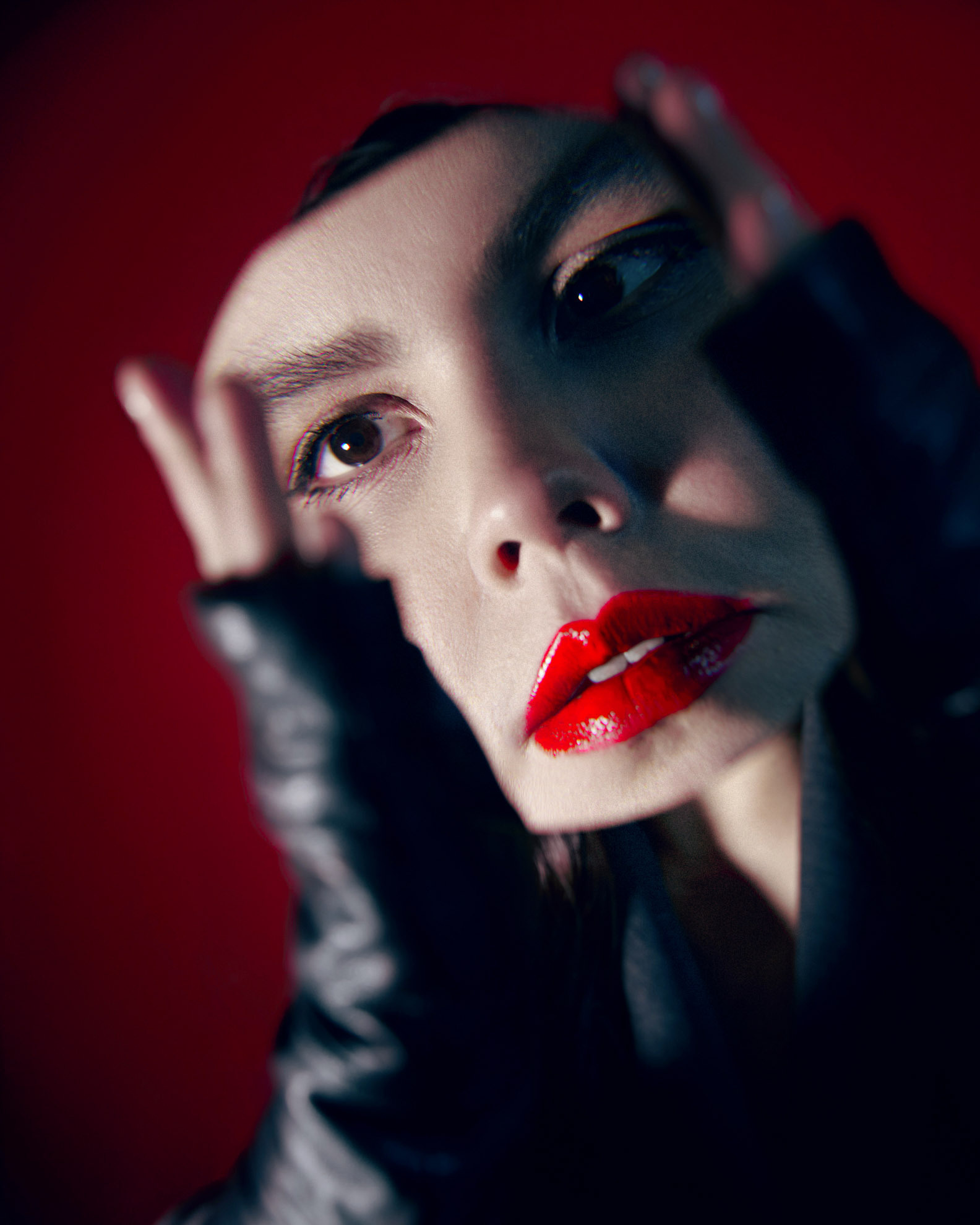
CATE SAZHINA
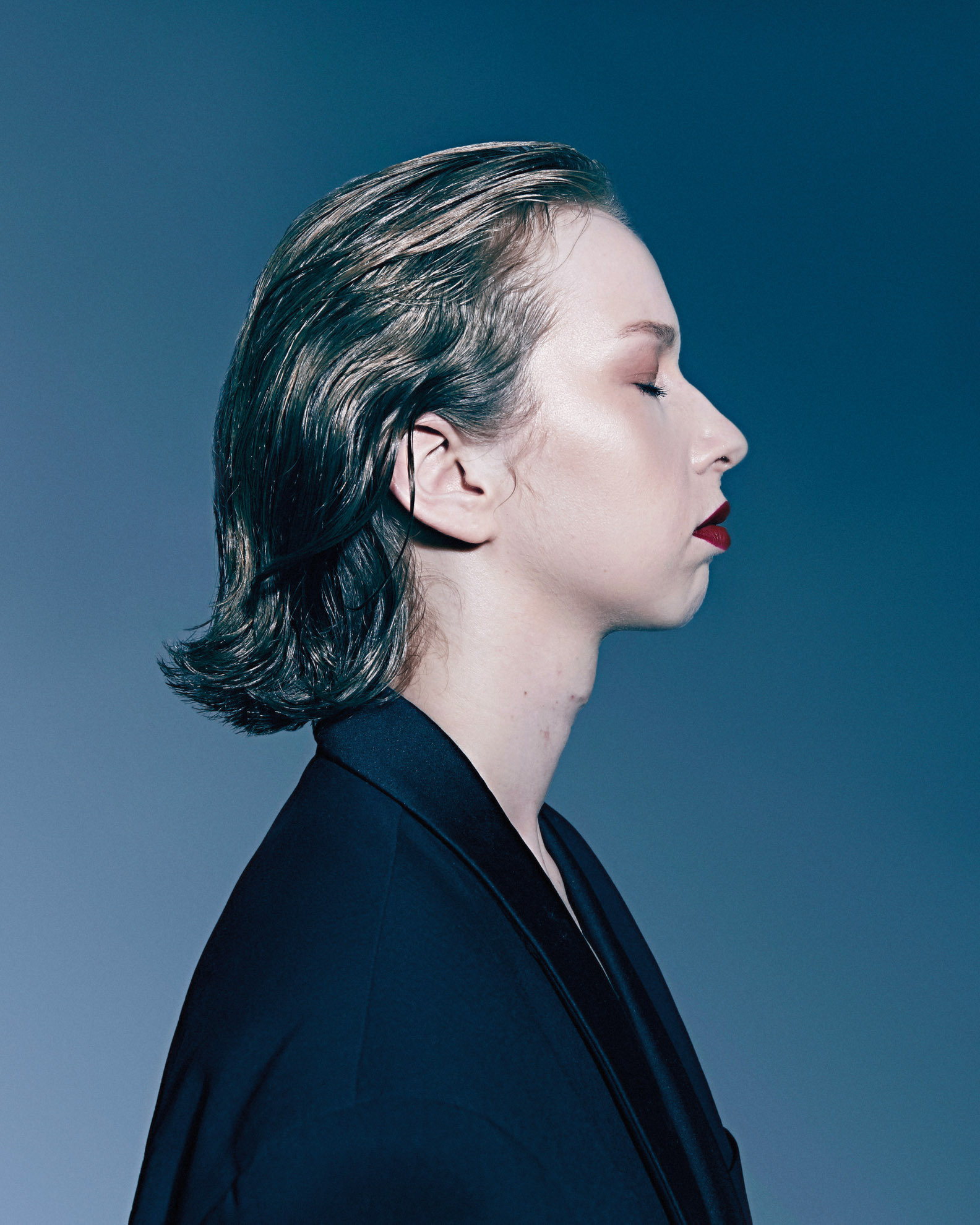
ANASTASIA SELYAEVA
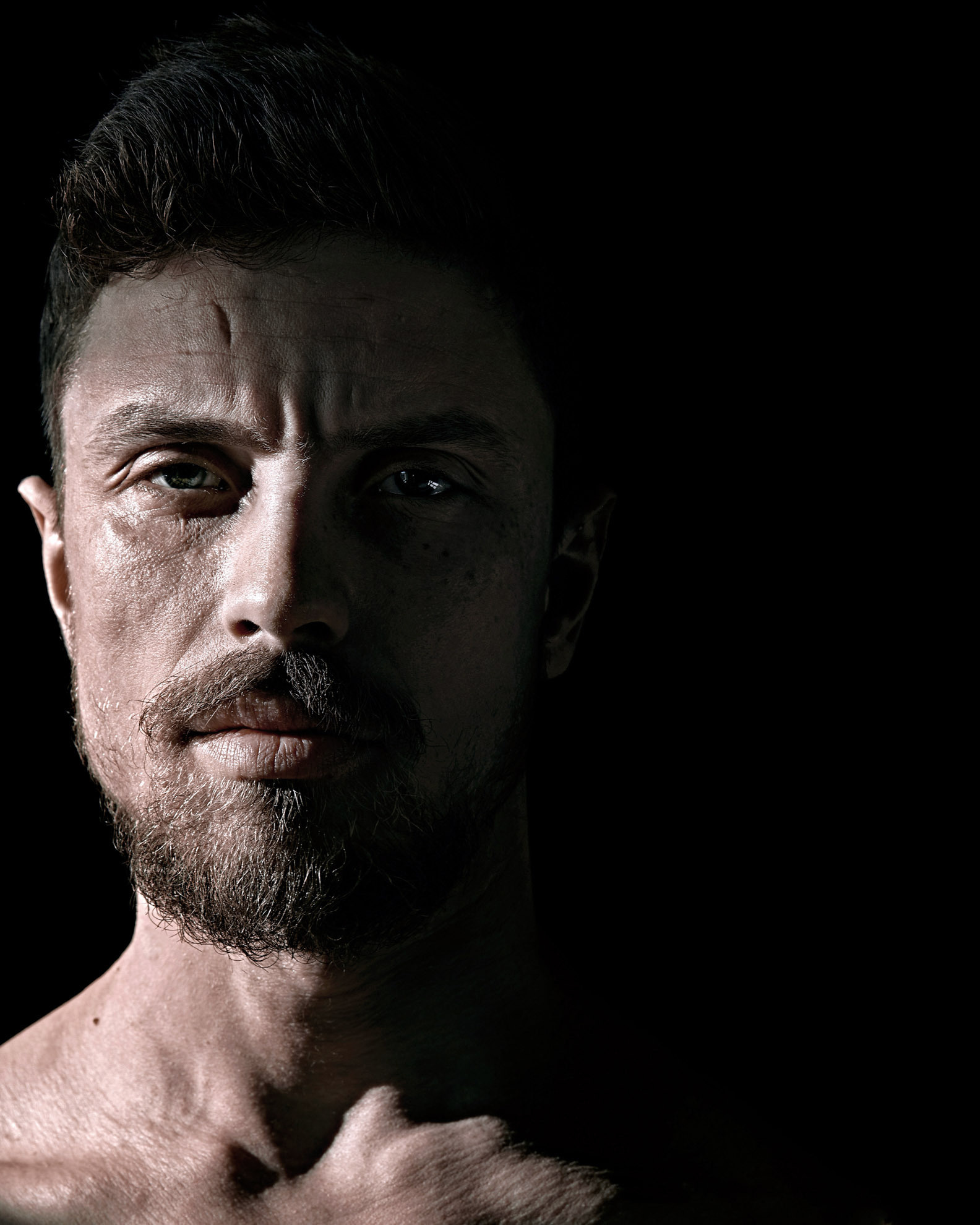
DMITRY KOZEMASLOV
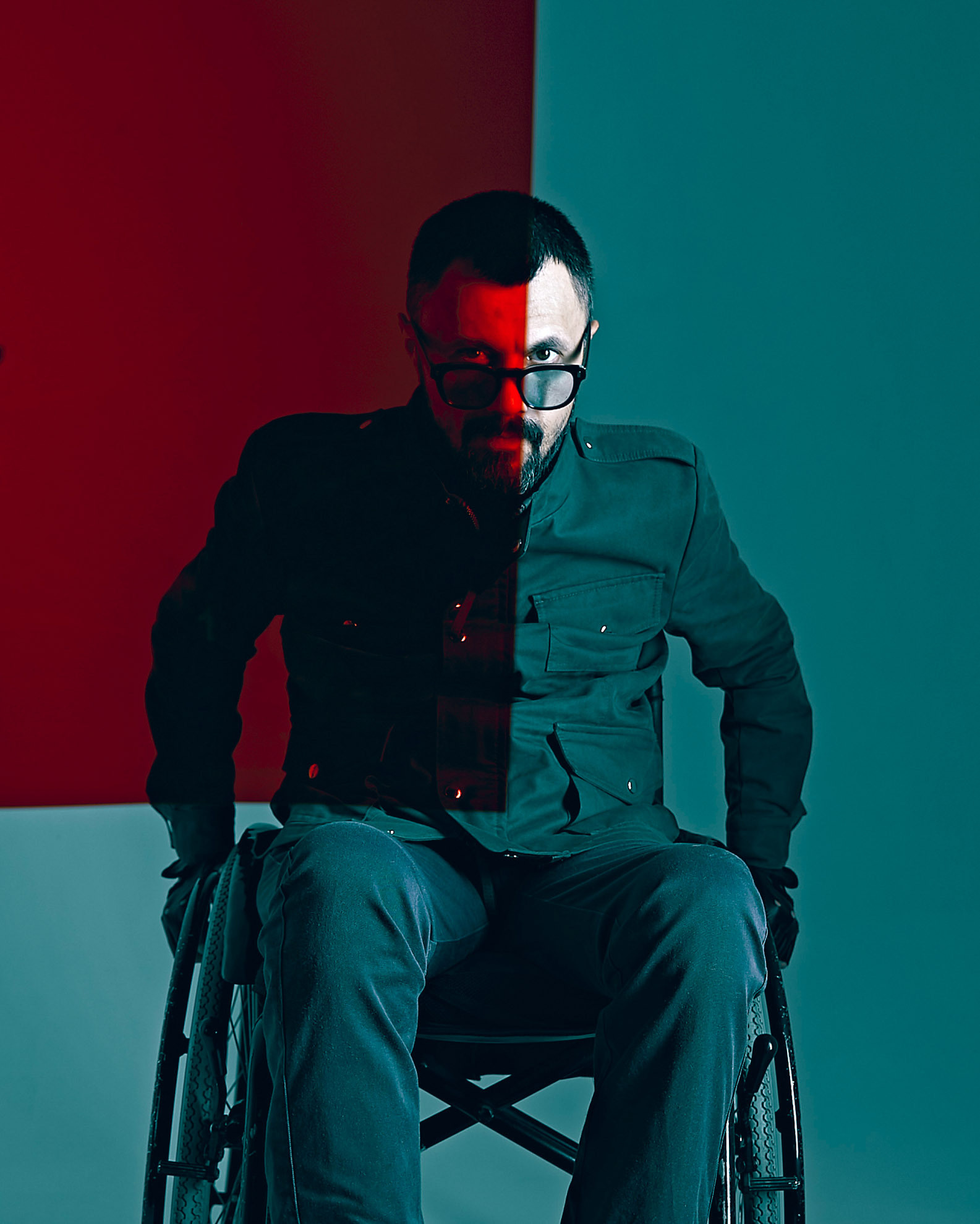
MAX ZYABLICEV
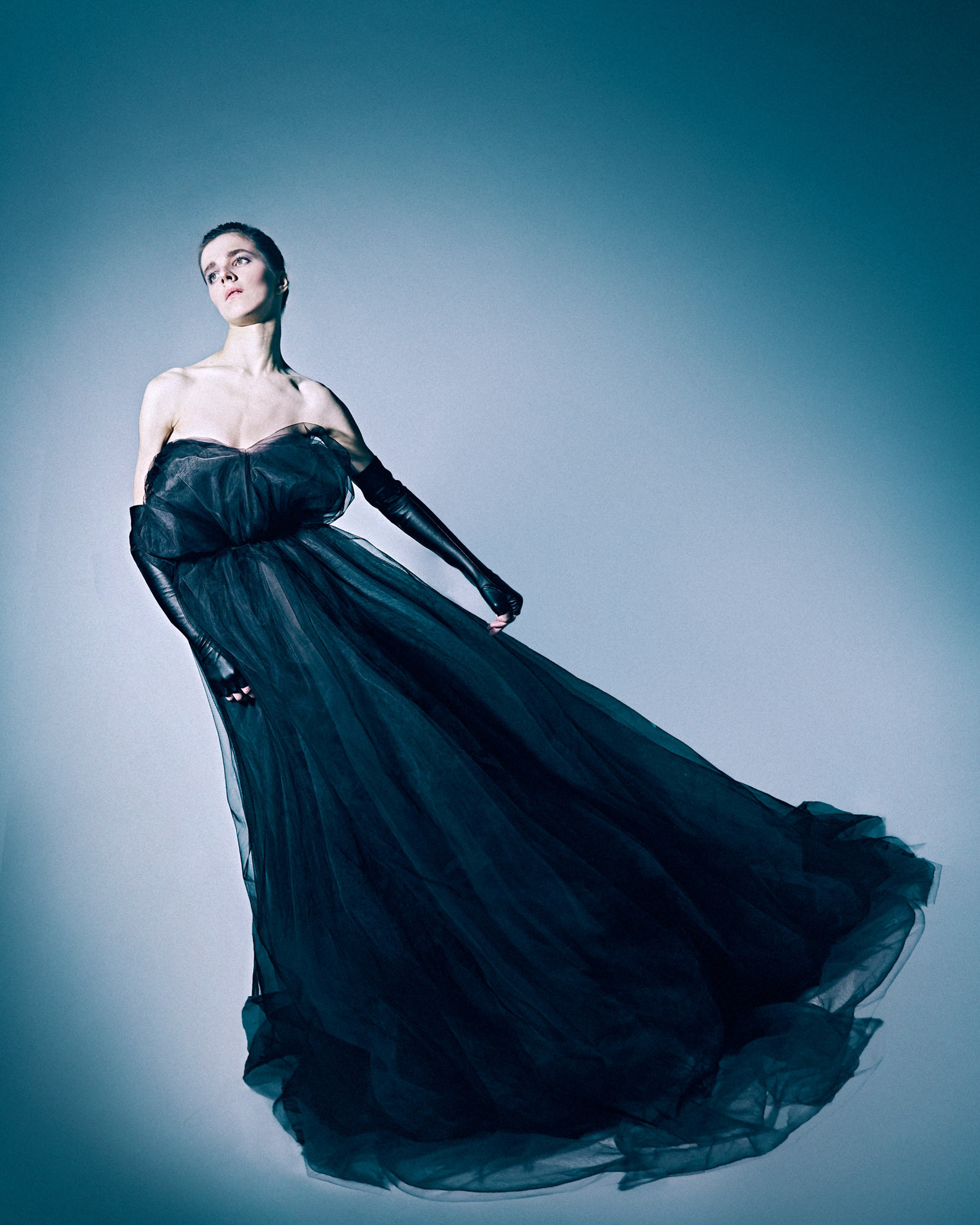
SONYA MOSINA
